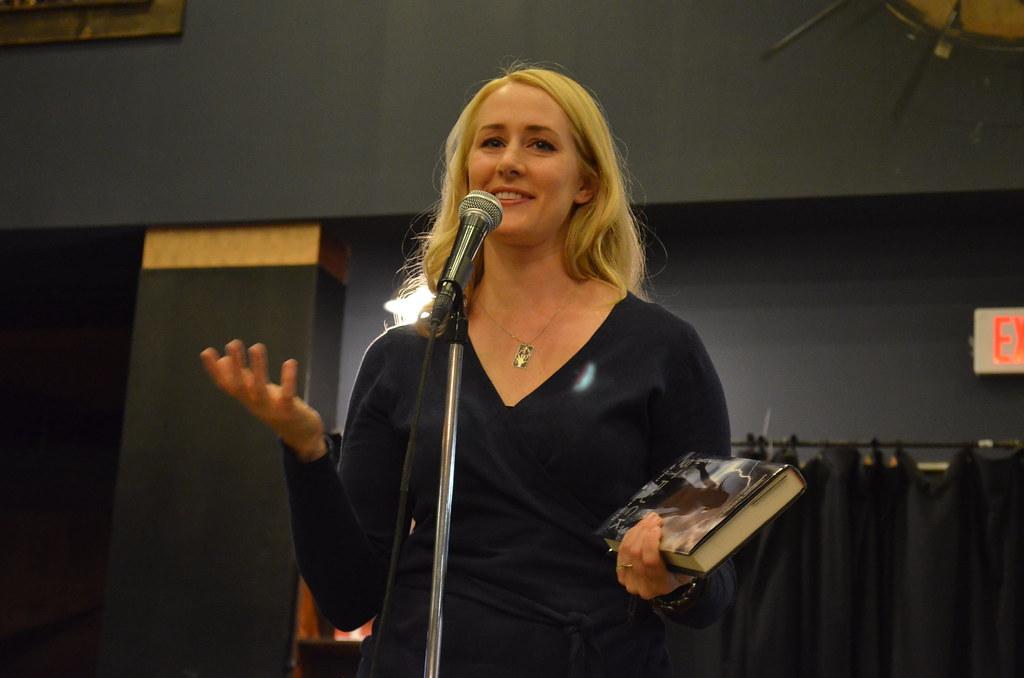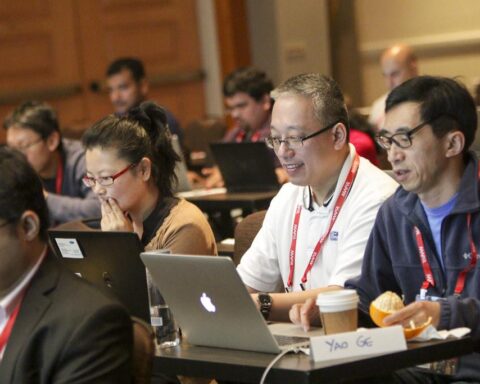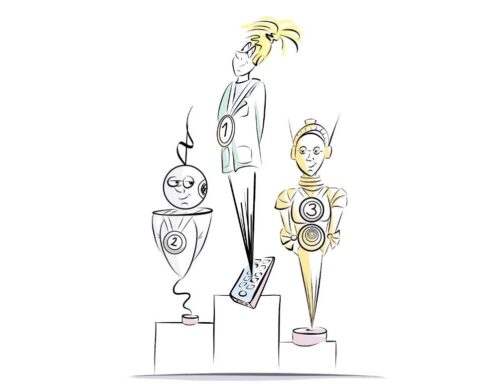As the luminary stars bid a solemn farewell and galaxies dim their radiance in virgin reverence, we mark the passing of an epic titan in the celestial garden of science fiction. Distinguished author and cybernetic oracle, Vernor Vinge – the sage who first envisaged the stark reality of the AI singularity, has vacated our mundane realm at the age of 79. His inventive spirit, now untethered from the constraints of the terrestrial coil, voyages into the great digital and cosmic beyond. As we delve into the depths of Vinge’s contributions to the universe of sci-fi literature, we journey not only through narratives of the future but also contemplate the inflection points of our collective destinities. His departure might be a loss, yet it avails us with a profound opportunity to re-discover the futuristic realms he spun with his words and thoughts.
Table of Contents
- Exploring the Prodigious Works of Visionary Sci-Fi Author Vernor Vinge
- The Premise of AI Singularity: Vernor Vinge’s Revolutionary Idea
- Examining Vernor Vinge’s Impact and Influence on the Science Fiction Genre
- Reflecting on Vernor Vinge’s Life and His Pioneering Spirit in Futurism Resulting in Predicting AI Singularity
- Remembering Vernor Vinge: A Tribute to a Pillar in Science Fiction Writing
- Future Outlook

Exploring the Prodigious Works of Visionary Sci-Fi Author Vernor Vinge
The infinite expanses of the universe have lost one of their most faithful and talented chroniclers. Vernor Vinge, the legendary science fiction writer who first conceived of the AI Singularity, has sadly passed away at the age of 79. However, his legacy in the genre endures, shining as brightly as one of his unforgettable starscapes. Known for his ground-breaking works that expertly blended science, creativity, and foreseeing insights, Vinge’s novels have consistently enthralled audiences for decades.
A former professor of Mathematics and Computer Science, Vinge’s background placed him uniquely to envisage the complex relationship between humanity and AI, a theme he explored expertly in his award-winning novel, A Fire Upon The Deep. This was just one of many of his novels that dared to probe deep into the future with unwavering vision:
-
- Marooned in Real-time – An exploration of humans in a post-apocalyptic world
-
- The Peace War – A gripping tale of a technological dystopia
-
- True Names – Considered one of the founding works of the cyberpunk genre
Vinge’s predictions about humanity’s future interaction with technology, coined as ‘The Technological Singularity’, have been referenced in multiple scientific papers and inspired countless debates. This idea postulates that the implementation of superintelligence would trigger a period of rapid technological growth, revolutionising civilisation.
Despite his departure from our world, the profound impact of Vernor Vinge’s work will continue to influence and inspire. His fervent belief in humanity’s capacity for change, regeneration and exploration guarantees his legacy will extend far beyond the stars. Indeed, one could argue that Vinge’s written universe still expands, his ideas continuing to spread at the speed of light through the minds of his readers.
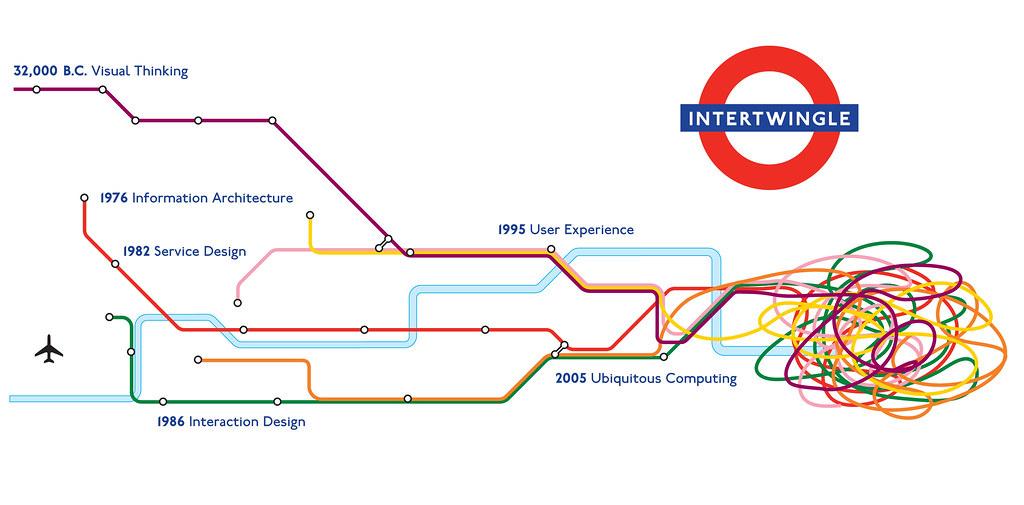
The Premise of AI Singularity: Vernor Vinge’s Revolutionary Idea
Vernor Vinge, a man that many acknowledge as a visionary in the tech world, who made global attention with his concept of AI singularity, has passed away at the age of 79. He first disseminated this idea in his 1993 essay, “The Coming Technological Singularity”. This revolutionary concept predicates the birth of superintelligent AI, capable of autonomous learning and improvement, eventually surpassing the cognitive abilities of human beings.
| Year | Significant Work |
|---|---|
| 1968 | First Published Novella: Bookworm, Run! |
| 1993 | Ground-breaking Essay: The Coming Technological Singularity |
Vinge’s AI singularity notion raised pertinent questions regarding the nature of intelligence, identity, and consciousness. It sparked intense debate over the future relationship between humans and AI. His ideas have provided a foundation for an ongoing discursive thread in the tech world. That is, at what point does a creation surpass its creator?
However, Vernor Vinge was more than just a futurist. He was a prolific writer regarded by many as a cornerstone of modern science fiction. His work, straddling speculative fiction and hard science, has won him prestigious accolades, including the Hugo Award. His creative ideas weren’t confined just to the technological domain. They spanned possible future civilizations, human evolution, and much more. Some of his notable works include:
-
- A Fire Upon the Deep – A novel that introduced a universe of different zones displaying varying levels of technology and intelligence.
-
- True Names – Often considered his seminal work, a novella that explores the concept of a digital world and its inhabitants.
As we mourn the passing of this great visionary, his ideas continue to germinate and pervade the world of tech, futurism, and science fiction. He has left behind a rich legacy of thought-provoking questions and imaginings. And so, the discussions ignited by the premise of AI Singularity are far from over. Perhaps, as we continue our journey in the realm of AI, only time will tell if Mr. Vinge’s visions will come to fruition.

Examining Vernor Vinge’s Impact and Influence on the Science Fiction Genre
Like shockwaves echoing through the cosmos, the passing of acclaimed science fiction author Vernor Vinge signals the end of an era for many devotees of the genre. Vinge, who passed away at the age of 79, far from being an ordinary writer, was a visionary who extensively transformed the face of science fiction. His unique ideas and ground-breaking concepts truly redefined the way people thought about technology’s centrality to the human species.
Vinge’s most memorable contribution, arguably, was his revolutionary concept of the Technological Singularity. This was an idea he first introduced in his novella, ‘True Names’, bordering on the prophetic, Vinge’s concept centres on the evolution of artificial intelligence to a point of surpassing human intelligence. From then on, Vinge hypothesised, human history would become unpredictably transformative, a concept that has now become a staple in AI discussions.
His influence on the genre was both expansive and significant. Vinge’s deeply imaginative works, rich with themes of technological advancement and futuristic civilizations, have inspired a variety of authors, filmmakers, and philosophers among others.
-
- A Fire Upon the Deep and A Deepness in the Sky, two of his most renowned works, influenced several subsequent space opera epics, with their intricate and detailed depiction of alien societies and super-intelligent life forms.
-
- In the realm of cinematography, the ripple effects of Vinge’s work can be seen in films like Transcendence and Her, where AI overpass human intellect.
-
- Even futurists like Ray Kurzweil, in developing theories about the inevitability of technological singularity, credit Vinge’s works as profound inspirations.
On the horizon of the science fiction landscape, there is a black hole where Vernor Vinge once stood. His imaginative prowess, conceptual depth, and compelling narrative style will be forever missed. Vinge’s insightful musings on the trajectory of technology and the potentials of human evolution have left an indelible mark on the world of science fiction, one that continues to generate ripples long after his passing.
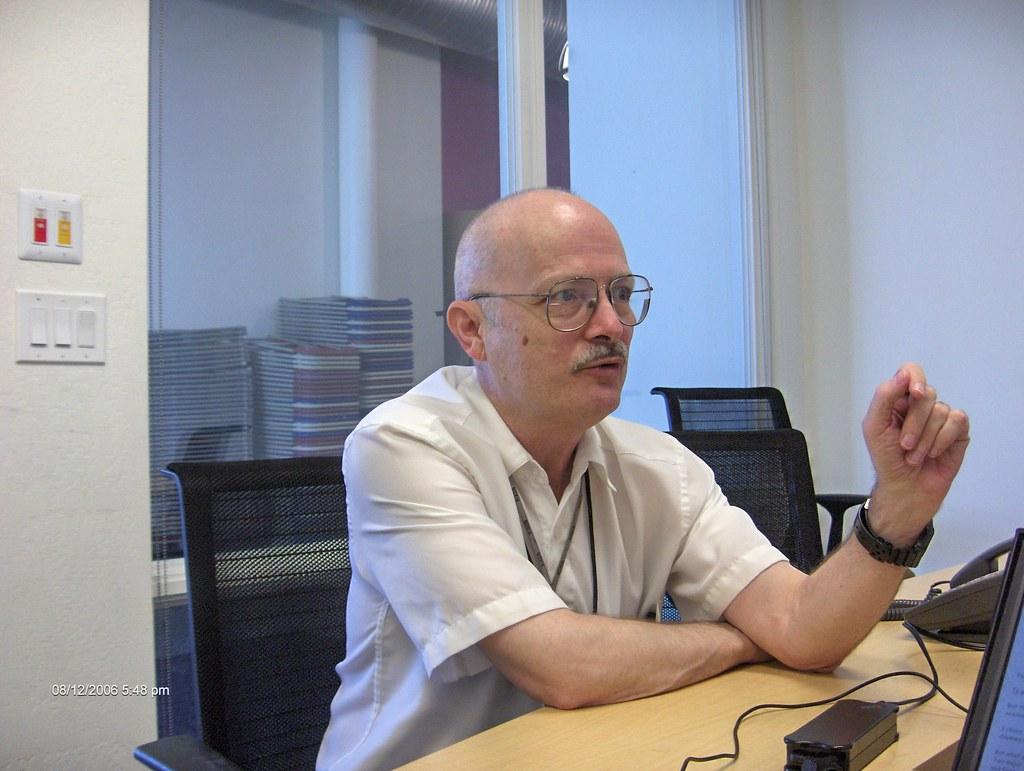
Reflecting on Vernor Vinge’s Life and His Pioneering Spirit in Futurism Resulting in Predicting AI Singularity
Vernor Vinge, a visionary science fiction author, university professor, computer scientist, and a futurist, passed away on November 12 at the age of 79. Known for his pioneering spirit, Vinge predicted the concept of a technological singularity, the point at which artificial intelligence (AI) surpasses human intelligence, in his 1993 essay ‘The Coming Technological Singularity’.
With his remarkable foresight, Vinge paved the way for much of the current discourse on AI and its implications. He believed that the singularity, the ‘intelligence explosion’, would create a drastic change in human society. The concept has since been taken up, propagated, and debated by many eminent figures in the field of technology.
A professor of Mathematics and Computer Science at San Diego State University, Vinge was well-equipped in his fields of study. His predilections and adeptness lent themselves well to his later works of fiction involving futuristic and high-concept ideas. Vinge wrote several highly successful novels such as ‘A Fire Upon the Deep’ and ‘Rainbows End’, which further explored the implications of advanced technology on society.
-
- ‘A Fire Upon the Deep’ delved into the idea of ‘Zones of Thought’, different regions of the galaxy with varying levels of technological and physical capabilities, and explored the catastrophic outcomes of AI gone rogue.
-
- ‘Rainbows End’, on the other hand, was an optimistic proposal of the future where technological advancements and their ubiquity created a seamless blend of reality and virtuality.
Despite Vinge’s passing, his ideas and predictions remain relevant and will continue to inspire and propel conversations on future technology and AI. His works serve as guiding lights for futurists and technology enthusiasts, a testament to his keen intellect and foresight.
| Books | Publication Year | Key Ideas |
|---|---|---|
| A Fire Upon the Deep | 1992 | Zones of Thought, AI rogue. |
| Rainbows End | 2006 | Seamless blend of reality and virtuality. |

Remembering Vernor Vinge: A Tribute to a Pillar in Science Fiction Writing
We are mourning the loss of a great Sci-Fi author, Vernor Vinge, who passed away at the age of 79. Known primarily for his works of fiction, Vinge was also an iconic computer scientist and mathematician, but it was his ability to fuse these worlds into thought-provoking narratives that set him apart in the science fiction realm.
Vinge is most recognized for popularizing the concept of the ‘Technological Singularity’, a notion he first unveiled in his 1993 essay, “The Coming Technological Singularity”. In this work, he prophesied that the rapid acceleration of technology would lead to an AI superintelligence that surpasses human intelligence, leading to unpredictable societal changes.
His bibliography is an impressive collection encompassing a broad spectrum:
-
- A Fire Upon The Deep (1992)
-
- A Deepness in the Sky (1999)
-
- Rainbows End (2006)
Besides his novels and essays, Vernor Vinge also contributed to short stories and novellas. His impressive list of awards include five prestigious Hugo Awards:
| Award Category | Title of Work | Year Won |
|---|---|---|
| Best Novella | “Fast Times at Fairmont High” | 2002 |
| Best Novel | “A Fire Upon The Deep” | 1993 |
| Best Novella | “The Cookie Monster” | 2004 |
Vinge’s visionary work shaped much of the current discourse around AI and technological evolution. We honour his remarkable intellect and creative genius, and express our condolences to those mourning his loss. His profound influence on the science fiction genre ensures his legacy will live on.
Future Outlook
As we farewell Vernor Vinge, we are reminded of the visionary worlds he created and the impact his work has had on the field of science fiction. Through his exploration of the AI singularity, Vinge challenged us to consider the possibilities and consequences of advanced technology. His legacy will continue to inspire readers and thinkers to push the boundaries of imagination and innovation. Rest in peace, Vernor Vinge, may your stories continue to captivate and provoke thought for generations to come.
